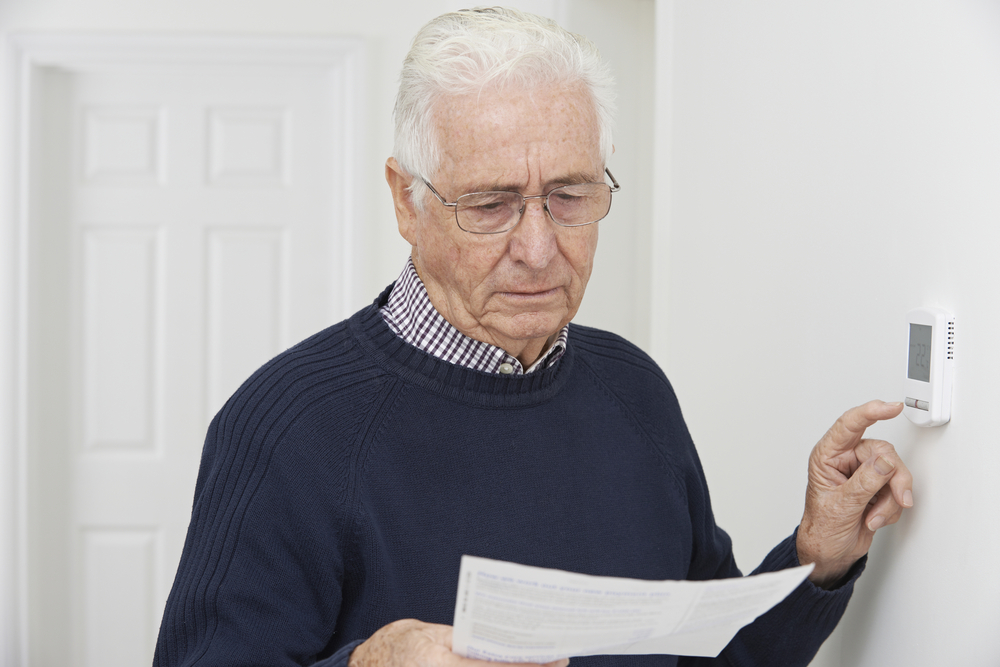Household Bills
Many households received energy help they ‘did not need’

The universal nature of the government’s energy support schemes meant that a “significant number” of households got financial help which “they did not need”.
That’s the conclusion of a new report from the National Audit Office (NAO), the UK’s watchdog for public spending.
The NAO found that the combined costs of measures like the energy price guarantee, the energy bill relief scheme and the alternative fuel payment came to around £69bn. The fact that the schemes provide “near universal support to homes and businesses” meant they could be implemented quickly, but the NAO pointed out this created risks in terms of delivering value for money to taxpayers.
That’s because universal schemes meant “supporting some people and firms that did not require assistance”, which is known as “deadweight”.
The NAO noted that the risks of fraud and errors are greater in Northern Ireland as suppliers are subject to different regulatory oversight compared with Great Britain, while the risks of overpayments are greater in supporting businesses rather than households.
It pointed out that if any future support is targeted at households and businesses that actively need it, this will reduce the risks of delivering poor value for money. However, the NAO noted that this will present “a fresh challenge” for the government when it comes to verifying claims and identifying potential fraud.
It continued: “The Department for Business, Energy & Industrial Strategy (BEIS) will need to consider the likely losses to fraud and error, alongside the improvements in value for money from reduced deadweight, that could result from increased targeting.”
Gareth Davies, the head of the NAO, said: “As the government seeks to target future assistance, it must be mindful of the risk of introducing complexity which could aid fraudsters.
“The National Audit Office will continue to monitor these schemes to understand their impact, particularly the costs and benefits of universal versus targeted support.”
The energy price guarantee freezes the unit cost of gas and electricity, and means that a household with typical energy use will pay around £2,500 a year. From April, that unit cost will be increased, meaning that the average household will pay £3,000 a year.
However, analysts have forecast that typical energy bills could drop below £2,000 this summer.